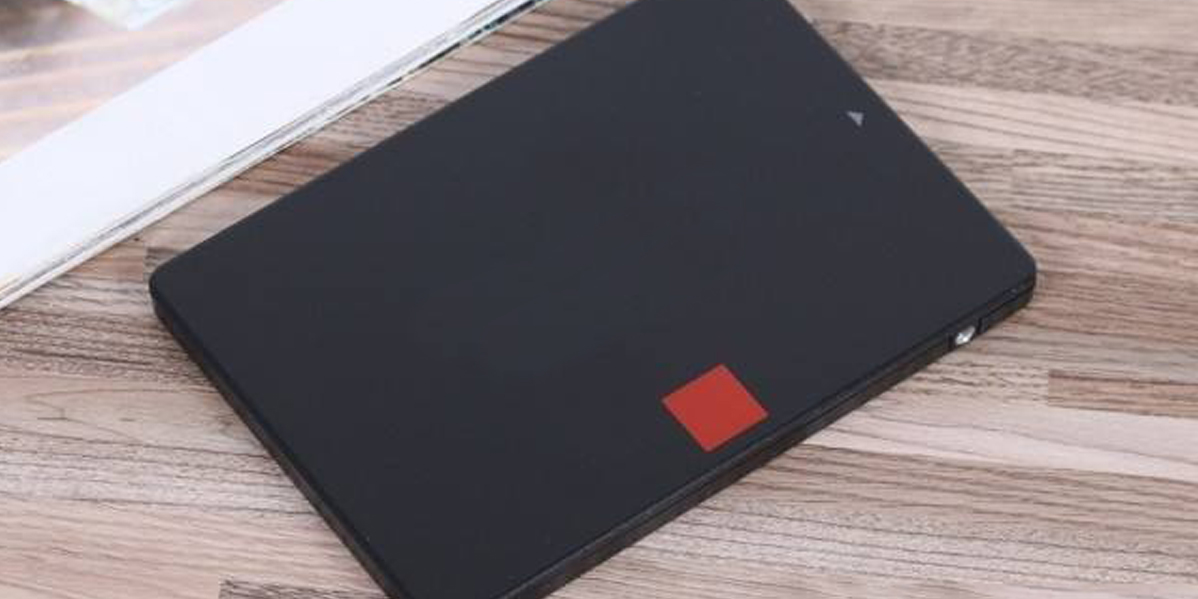Although Japan restricted the export of key technology raw materials to South Korea and cast a shock on the industry, Samsung Electronics Co. said that there is no plan to reduce the production of DRAM and other memory chips. It also said that the impact of the Japanese export restrictions is difficult to estimate. Can try to minimize the damage.
BusinessKorea and the East Asia Daily reported that a Samsung executive said on July 31st in the second quarter (April-June) earnings conference call that the Japanese government did not completely ban the export of semiconductor materials, but added a new license application process, affecting Samsung's daily operations. What the Japanese government will do in the future is still full of uncertainty and it is difficult to estimate the impact on the company. The executive said, ??The current reduction in wafer output is not considered, and the production line will operate flexibly to respond to demand fluctuations.??
When talking about the changes in memory stocks in the second half of the year, Samsung executives revealed that "stocks will decline in the second half of this year, but it is difficult to predict how fast the decline will be because the external environment still has uncertainties." He said that NAND is fast. Flash memory stocks began to drop sharply and are expected to reach the appropriate level in the third quarter.
When asked about the recent jump in memory prices, the executive said that whether this upward trend will affect long-term contract prices is hard to say.
Looking forward to next year, Samsung executives said that the investment plan for memory equipment is still under planning. The plant in Xi'an, China is expected to be completed by the end of this year. The Pyeongtaek plant in South Korea will be completed by the end of next year.

NEXT : none
28B.CaiXia Block. CaiHongXinDu Building. Caitian Road.Futian.ShenZhen.China
86-0755-88360941
info@vtor.net.cn